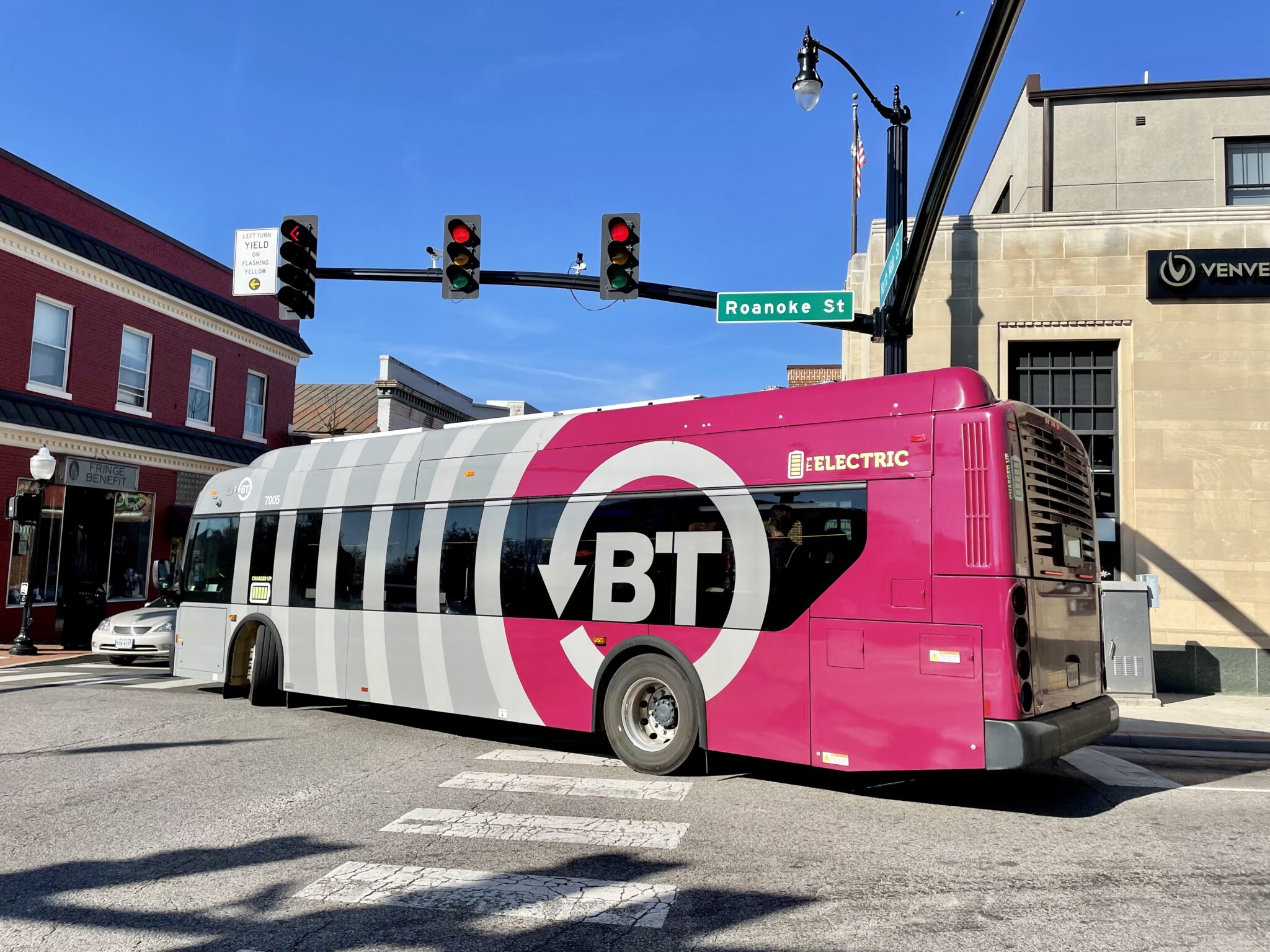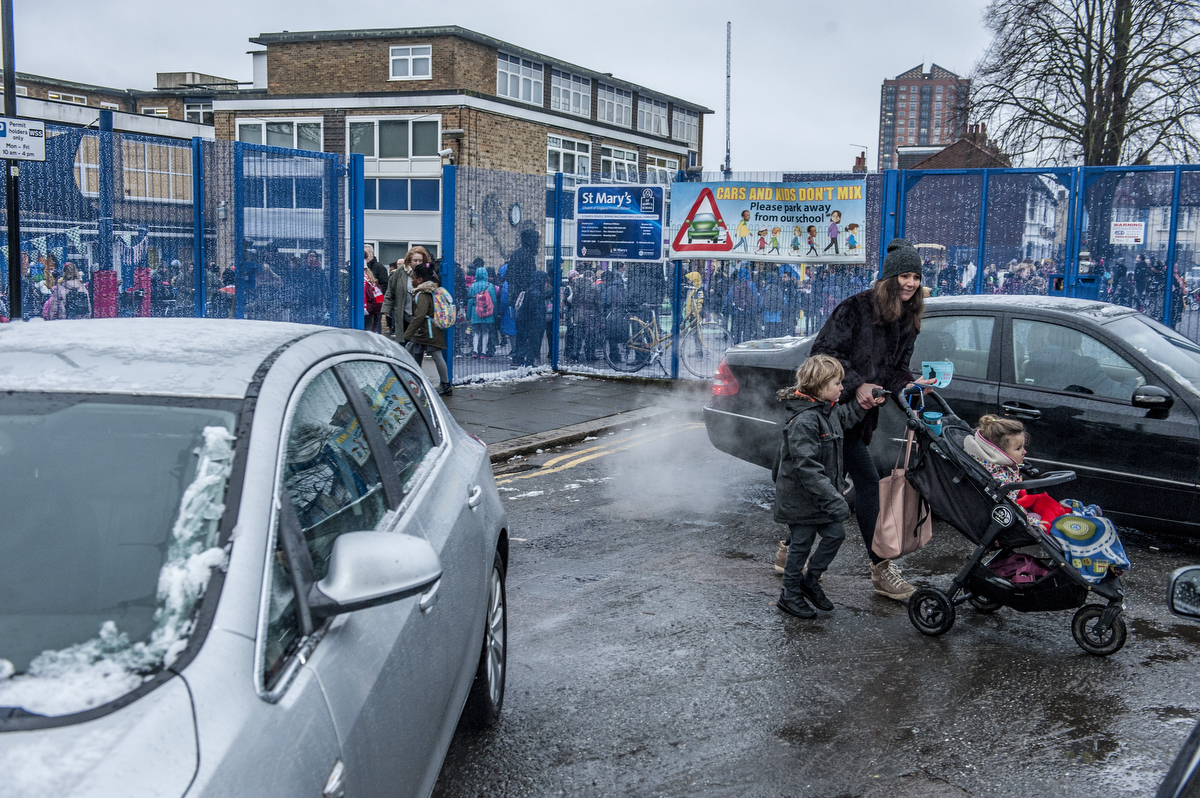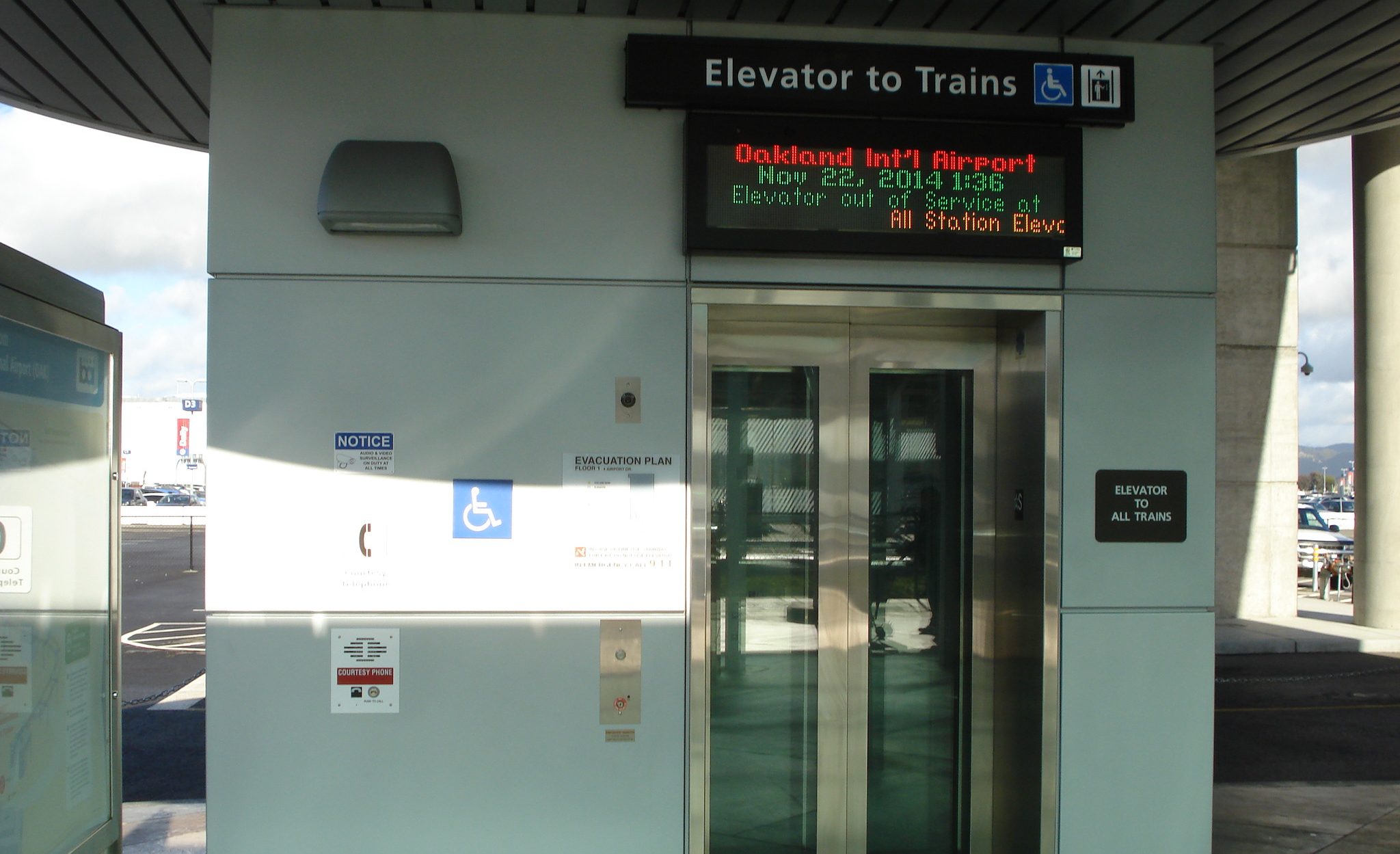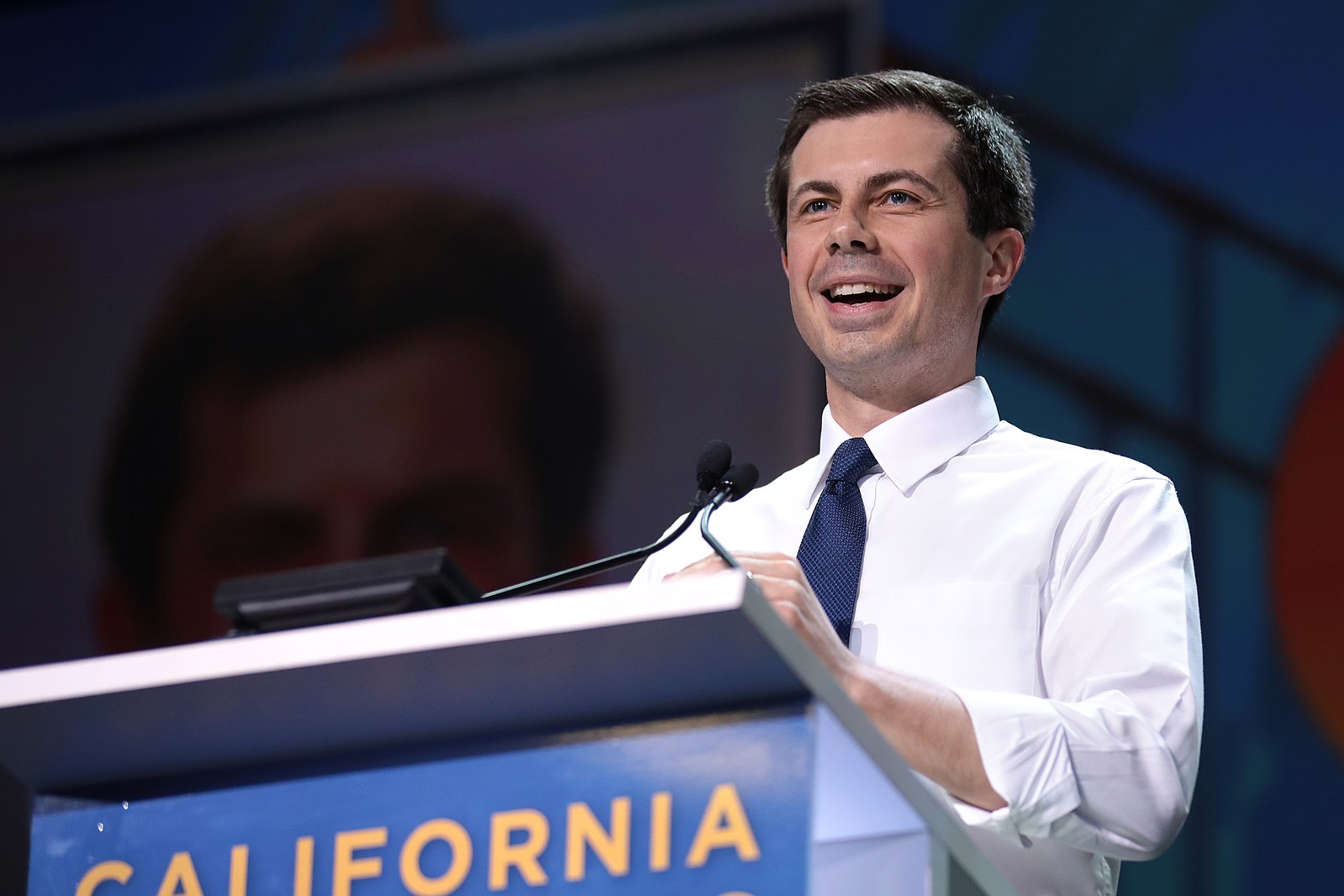Two-Year Transpo Bill Moves on to Full Senate Without Bike/Ped Protections
3:05 PM EST on November 9, 2011
The Senate Environment and Public Works Committee voted unanimously this morning to pass a two-year transportation reauthorization bill, moving the bill one step closer to passage by the full Senate.
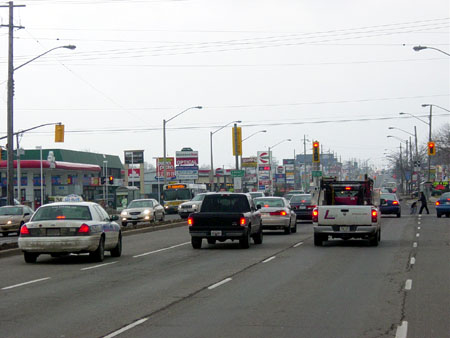
Unlike in the House, where the Transportation and Infrastructure Committee has full responsibility for the transportation bill, the Senate splits jurisdiction among several committees, so the saga isn’t over yet by a long shot. The Senate Banking Committee still needs to consider the transit part of the bill, Commerce will get its hands dirty on the rail portion, and Finance is going to figure out how to pay for the whole thing.
Non-Motorized Transportation Takes a Hit
Rarely have bike and pedestrian safety been so squarely at the center of a Congressional boxing match as during the debate over this bill. The fight over dedicated funding for bike/ped projects – much of it focused on the Transportation Enhancements program – threatened the delicate bipartisan consensus for this bill. What emerged was a compromise that placated even the most hardened TE haters like Sens. James Inhofe and Tom Coburn.
This morning, Sen. Inhofe (R-OK), the ranking member on the committee and its chief TE opponent, explained the change.
There’s a difference of opinion and philosophy here as to how much money should be spent on things like bike trails, walking trails, highway beautification, museums and all that stuff. I think the compromise we came up with is a very good one because if a state wants to use that percentage – whether it’s 10 percent as it applies to the surface transportation or two percent of the total funding -- they can instead put it in areas of unfunded mandates. And I can assure you there are enough unfunded mandates we have to comply with – I’m talking about endangered species, Americans with Disabilities, Historic Preservation and all that -- we can use it. In my state of Oklahoma, that’s where we’re going to use ours. I think that is a great solution.
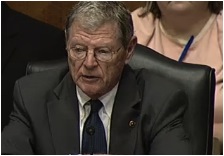
What Inhofe is calling an “unfunded mandate,” however, is just part of the cost of building a road with federal funds. By allowing Transportation Enhancement money – previously reserved for non-motorized modes – to be used to offload some of the costs of building a highway, the Senate gives a green light to state DOTs to use every penny of that money for road-building expenses, if they want to. And if they don’t even want to do that, after 18 months, they can just opt out of the TE program altogether.
Sen. Jeff Merkley (D-OR) introduced (and then withdrew) an amendment to restore dedicated funding for bike and pedestrian programs, with support from several other Democratic senators. Sen. Ben Cardin (D-MD) also wants to introduce amendments making it harder for states to “opt out” of the TE program by ensuring that they solicit localities for TE uses before refusing to use the funds. And Sen. Tom Carper withheld his amendment requiring states and MPOs to draft plans for reducing transportation-related oil consumption.
In the interest of getting the bill passed out of committee, these amendments and many others were mentioned and withdrawn, to be reintroduced when the bill reaches the Senate floor. Carper said, however, that he was still committed to reducing transportation-related oil consumption and would continue looking for support for amendments to do that.
Sen. Barbara Boxer, chair of the committee, has gone to great lengths to assure bike/ped advocates that dedicated funding would be protected in the bill, and the compromise with Inhofe was hard-fought. She addressed Merkley and the other Democrats pushing to get dedicated funding for active transportation back in the bill.
This TE was a huge problem for us. My sentiments lie with yours; it’s fair to say Senator Inhofe’s lie with those who are trying to, let us say… end it. (Laughs) I don’t know how to better say it. These are moments when we almost threw up our hands; that’s why I so appreciate you not pressing for a vote today. What we have been able to do, working with Sen. Inhofe, is continue to have dedicated funding for TE under MAP-21, and in addition, TE projects have access to a larger funding pool, and states have the ability, actually, to fund more TE projects, depending on what they decide. In a state like Oklahoma, the senator has said, his state isn’t that interested. In a state like mine, oh my lord, they will grab those funds for bike paths. And what brought us together was this notion that we could agree that the fund have more flexibility.
Mixed Feelings
The showdown over bike/ped funding didn’t spoil the mood of jubilation among senators who have been working for a long time to pass a bipartisan bill, however. In stark contrast to the House, where Republicans introduced a transportation bill that was slammed by each and every one of their Democratic colleagues, the EPW committee has been working from the start to get bipartisan consensus behind MAP-21. Sen. Frank Lautenberg (D-NJ) commented that “we ought to change the name of the committee to the Goodwill Committee.” Indeed, such inclusive negotiation has not been a strong point in Congress lately.
And even transportation reformers have mixed feelings about the bill. It is devastating for bike/ped programs, entirely eliminating dedicated funding pots for Safe Routes to School and the Recreational Trails program, though they are still “eligible” for funding as uses under CMAQ (the Congestion Mitigation and Air Quality improvement program, which funds a lot of bus, bike, and pedestrian projects). But as a whole, the bill isn’t as bad as some were expecting it to be a few months back. “We dodged a bullet,” one advocate told Streetsblog.
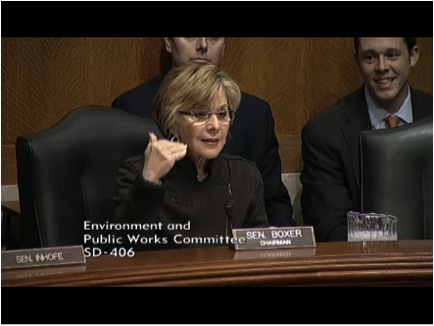
A predicted fight over the highway/transit funding split never materialized, and (although the transit title has yet to be written) the 80/20 split appears to be maintained. There’s also a strong fix-it-first ethic embedded in the bill, with performance measures attached to maintenance, which can help curb sprawl. Some groups appreciate the consolidation of programs and streamlining of project delivery as well.
Still, the Bipartisan Policy Center has publicly criticized the performance measures in the bill, saying that, “in a time of constrained resources, there should be a clearer focus on national goals and purposes, in determining eligibility for federal funding.” The group would like to see “a clearer relationship between the goals and performance principles incorporated into the highway performance program and those in the transportation planning process” – across all states [PDF].
And echoing Sen. Carper's sentiments, the Sierra Club's Washington representative, Jesse Prentice-Dunn, said the bill "does not go far enough to break our addiction to oil.”
“At a time when we are sending nearly one billion dollars overseas each day to pay for oil, it is critical that we give Americans transportation options that free them from the gas pump,” said Prentice-Dunn.
Most of the statements issued by transportation groups have focused on commending the committee for passing a reauthorization bill at all -- certainly a positive step in what has been a slow-moving and combative process of getting a bill passed.
As for amendments, unlike Merkley’s attempt to re-insert bike/ped funding, some amendments were accepted as a block and inserted into the bill, including one limiting the number of performance measures in the bill, one requiring an “accountability study” of the CMAQ program, one to require “consultation” rather than “cooperation” with MPOs, and one asking US DOT to report on the potential for an electric car charging network. More details on those amendments aren’t yet available.
Sen. Max Baucus, who heads the Transportation section of EPW and chairs the Senate Finance Committee, assured committee members that “by hook or by crook” they’d find the money to fill the $12 billion gap between Highway Trust Fund revenues and the bill’s spending levels. He acknowledged that “the best idea we had” was “snapped up” by the House already – money “found” by making it harder for Social Security recipients to qualify for Medicaid was used already to offset the cost of eliminating a three percent withholding rule for government contractors.
With the bill passed, “the pressure is on” for the Finance Committee to find an acceptable source for that money, emphasized Sen. Inhofe – or else, he said, “It’s back to the drawing board.”
Stay in touch
Sign up for our free newsletter
More from Streetsblog USA
Kiss Wednesday’s Headlines on the Bus
Bus-only lanes result in faster service that saves transit agencies money and helps riders get to work faster.
Four Things to Know About the Historic Automatic Emergency Braking Rule
The new automatic emergency braking rule is an important step forward for road safety — but don't expect it to save many lives on its own.
Who’s to Blame for Tuesday’s Headlines?
Are the people in this photo inherently "vulnerable", or is this car just dangerous?
Why Riders With Disabilities Have To Sue For Accessible Transit Stops
A Bay Area transit agency is only the latest to be sued over inaccessible stations. What will it take to get every American stop ADA compliant?
Monday’s Headlines Reconnect With Pete
More than $3 billion is flowing out of the White House to help correct infrastructure mistakes in Black communities.
